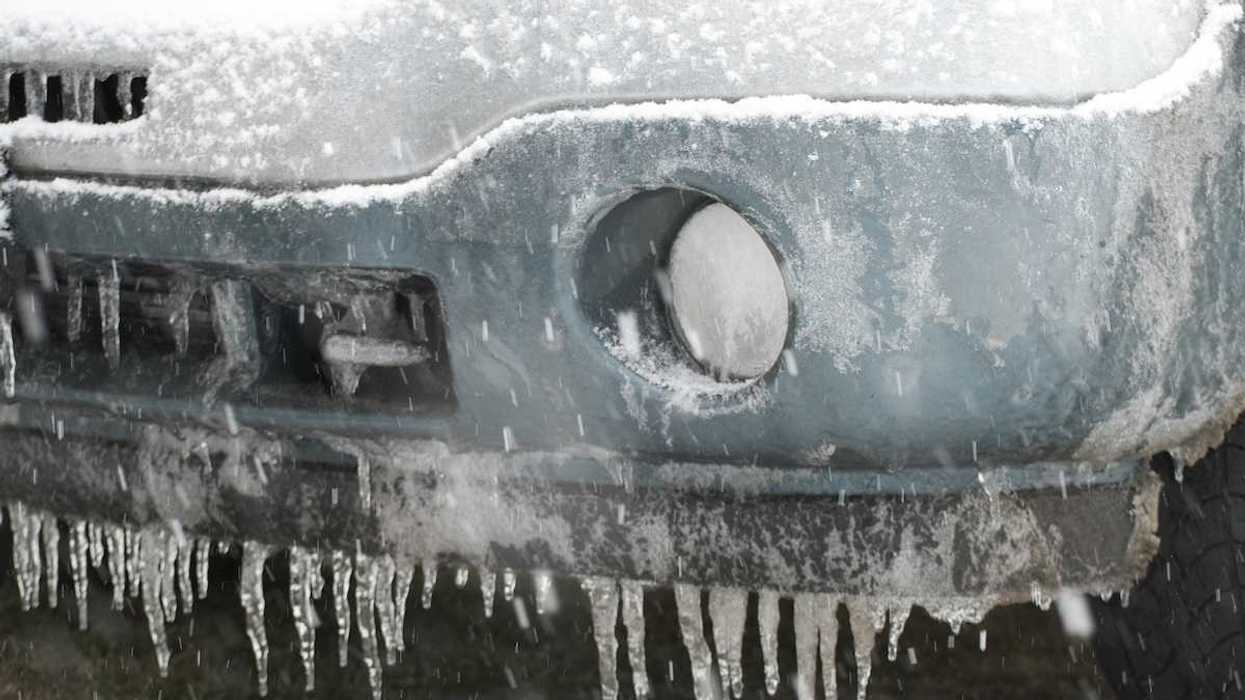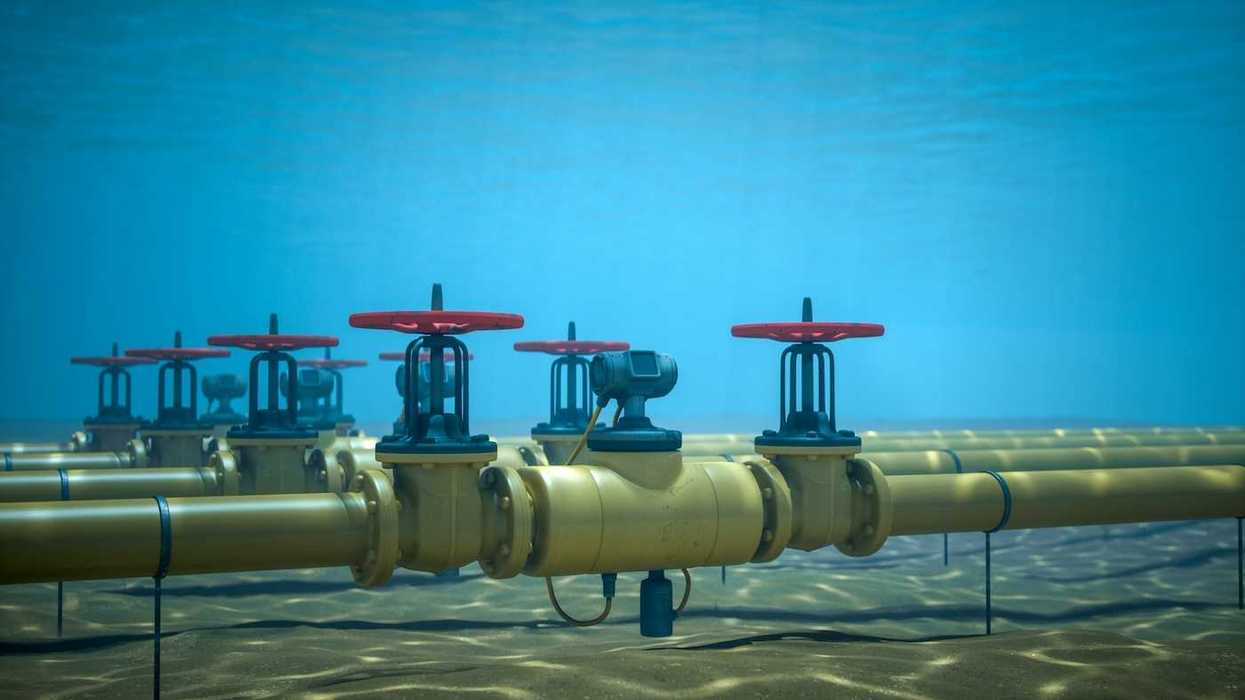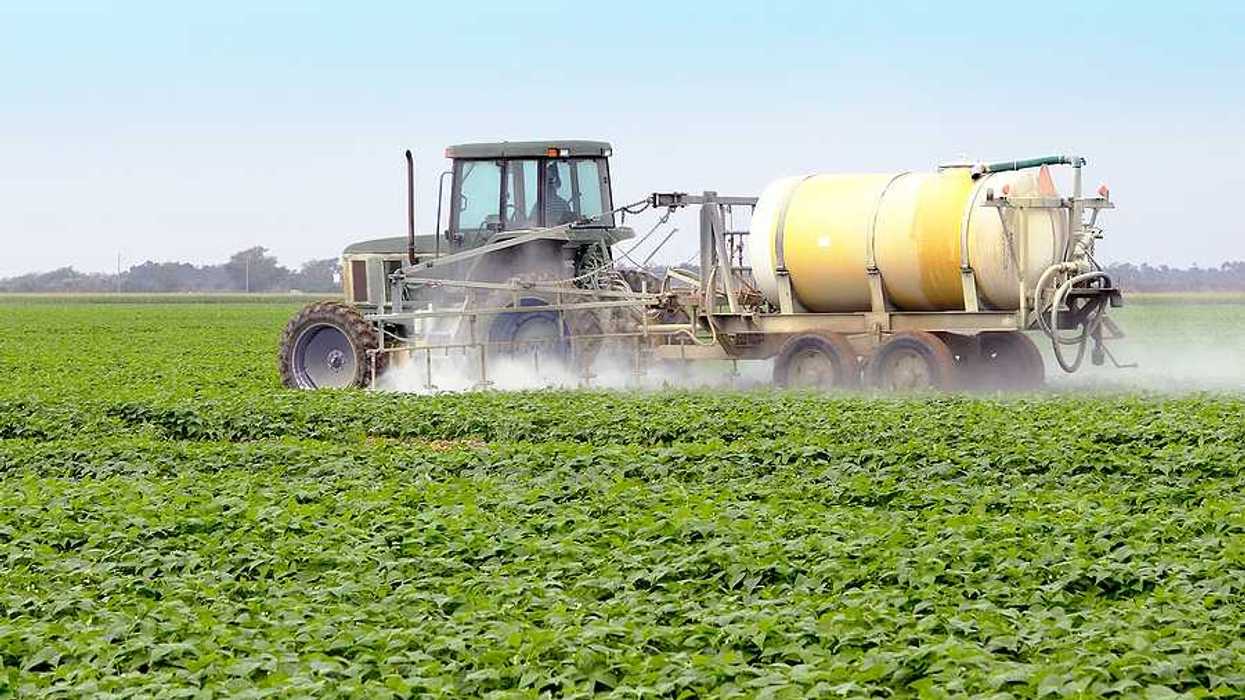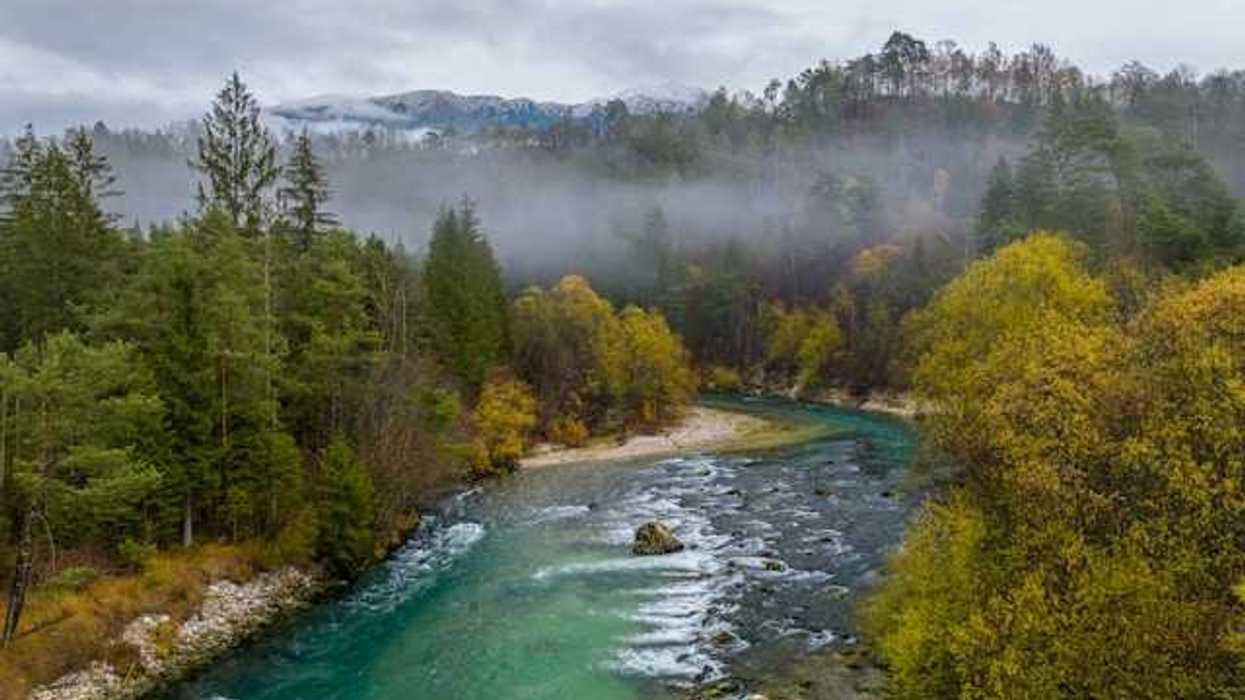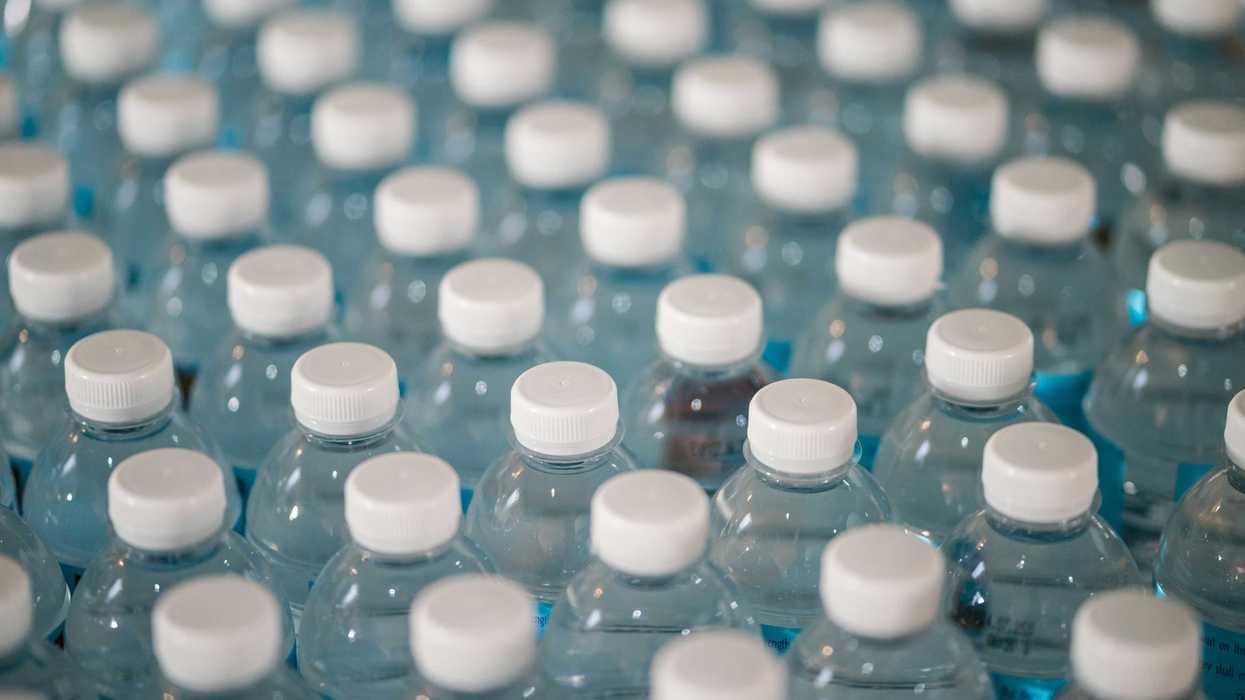In a recent attack, Houthi militants targeted a cargo ship in the Red Sea, leading to its sinking along with 21,000 metric tons of fertilizer, highlighting potential environmental hazards.
Jennifer Hassan reports for The Washington Post.
In short:
- The Rubymar, hit by an anti-ballistic missile from the Iranian-backed Houthis on Feb. 18, sank early Saturday, posing a significant risk to the marine ecosystem.
- The vessel was carrying a substantial amount of fertilizer, raising fears of a major environmental disaster in one of the world's most crucial maritime routes.
- This incident threatens the biodiversity of the area, particularly the coral reefs that are vital to the Red Sea's ecological balance.
Key quote:
“The approximately 21,000 metric tons of ammonium phosphate sulfate fertilizer that the vessel was carrying presents an environmental risk in the Red Sea.”
— U.S. Central Command
Why this matters:
The environmental implications of such incidents are severe, as spills can lead to widespread damage to marine habitats, affecting biodiversity and potentially disrupting shipping routes which are vital for global trade. The Red Sea is a crucial maritime passageway, and disruptions there can have far-reaching economic consequences, as indicated by some shipping companies choosing to detour around southern Africa to avoid the region.


